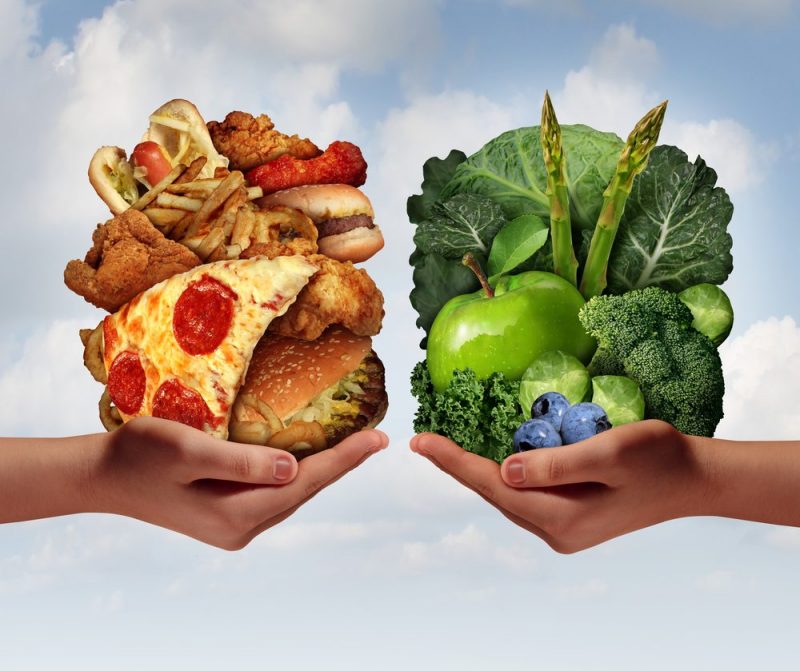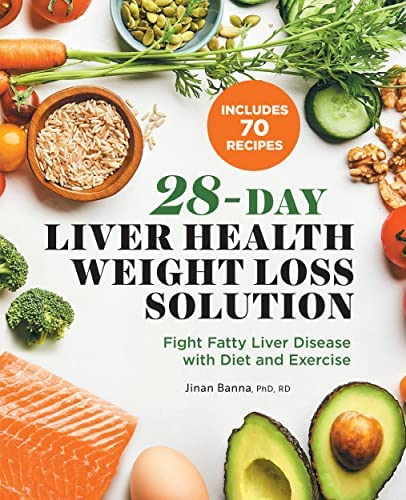
Different types of dietary oils can be found in food. While most are harmless, some may not be. They may also increase your risk of weight gain. If you eat a lot, you might have difficulty losing weight. This problem can be avoided by limiting your intake of fat. This is how to do it. To begin, identify which types of fat you eat. They can be classified as monounsaturated, trans and saturated.
Understanding the differences between saturated and unsaturated fats is essential to understand how to eat healthy fats. Saturated oils are solid at room temperature and can be found in animal products, such as red meat and full-fat dairy products. Coconut oil, palm oil, and other oils can also contain saturated fats. Monounsaturated and polyunsaturated fats are good for your health, but you can find them in olive oils and vegetable oils.

Dietary fats come in different types. Monounsaturated fats can be harmful to your health, while saturated fats are unhealthy. If you are trying to lose weight, you should avoid saturated fats. But, trans and saturated fats can have negative effects on your health. The goal should be to consume between five-ten grams of dietary fat per day.
Although moderate amounts of saturated fat are healthy for your body it's best that you stick to a lower than ideal level. Saturated fats can cause weight gain and increase your chance of developing diabetes or cancer. Saturated fats can cause weight gain and increase your risk of developing cancer. It's therefore important to limit your intake. These tips will help you make your diet healthier and reduce your calorie intake. These foods are best for your health.
The most dangerous are saturated fats. Saturated fats can lead to heart disease. However, they should only account for five to six per cent of your daily calories. It is important to remember that saturated fats are allowed in your diet. The majority of fatty foods have a mix of fatty acid, so it's a good idea that you include them in your daily diet. You can replace the saturated fats with those that aren't.

Saturated oils are the worst. These fats are very bad for your health. You should reduce your intake of saturated fats. Saturated fats may cause you to gain weight. It is also important to monitor your sodium intake. The American Heart Association recommends that saturated fats are limited. Try to eat more fruits and vegetables in order to get the best possible diet.
There are two types. You can get them from animal foods and plant-based foods. Omega-3 fats, which are healthy for the heart, are better than saturated fats. They have a variety of other benefits to your health. Your heart is especially grateful for the omega-3 fats found in poultry and fish. They are vital for the health and well-being of your heart. Your heart will thank it if you eat foods high in omega-3 oils.
FAQ
How many times per week should I exercise
It all depends upon how much time you have and what type or exercise you prefer. You should do moderate-intensity aerobic exercise three to five days per week. It is important not to overdo it. Consistent exercise is essential to achieving maximum benefit from your workouts.
Which exercises are best suited for me?
It really depends on the type of fitness goal you have. Some people choose to focus on endurance activities, such as swimming, cycling, and running. Others prefer lifting weights, or using resistance bands. There are many types and styles of exercise available today. Pick the option that fits your needs.
What is a good gym routine for you?
Regular exercise is essential to staying fit. No matter what kind of exercise you do, as long you do it consistently. Consistency is key. You must be consistent if you are to see results.
Begin by walking for a few minutes each day. Gradually increase your exercise time until you are able to spend 30 minutes per day. You can choose to run, swim, weight train, do yoga or take aerobics classes.
It's important that you get your exercise done every day. If you have a reason to miss a session, don't skim it.
Make sure to wear appropriate clothing and footwear for outdoor exercise. It is important to take into account the weather conditions, and how they may affect your ability to exercise safely.
When exercising, ensure you drink lots of water. Avoid drinking alcohol during this time because it can cause dehydration. Also, avoid caffeinated drinks such as coffee, tea, and cola. They may give you energy, but they will also dehydrate you.
It's common to feel tired after your first workout. However, if you continue with your program, you'll soon feel more energetic and refreshed.
How To Get Rid Of Belly Fat Fast?
There are many fast ways to lose belly fat. One method is to eat less and drink lots of water.
Another way is to increase your metabolism by participating in activities such as running and swimming.
To quickly reduce belly fat, avoid sitting too much. Instead, get up and move around throughout the day. This will help you burn more calories.
If you have already tried all these methods but still struggle with belly fat, there is another option.
A belt is a device that allows you to do this. When you sit down, the belt tightens around your waist.
It will cause you to feel uneasy and make it difficult for you to move. This forces you to burn more calories and reduces your belly fat.
Statistics
- Cardmembers earn 5% Back at Amazon.com with a Prime Credit Card. (amazon.com)
- An estimated calorie range for moderately active adult males falls between 2,200 to 2,800 calories per day, depending on age. (eatright.org)
- Candidates and applicants must pass all four tests at 70% (minimum level) to graduate from Basic Deputy U.S. Marshal (BDUSM) Training. (usmarshals.gov)
- Are You One of the 20% of Guys (mh.co.za)
- According to the American Academy of Dermatology (AAD), men over 50 are at a heightened risk of developing it. (healthline.com)
External Links
How To
What should you eat before you go to work?
You need to eat less calories than you burn while exercising in order to lose weight. All your nutrients must be consumed.
This includes protein as well carbohydrates, fats, and vitamins.
The best way to achieve this is to eat smaller meals throughout a day rather than three large meals.
If you are too hungry when working out, you might not perform as well as if you had appropriately eaten beforehand.
You could try drinking water instead of energy drinks which contain caffeine and sugar. This will keep you hydrated, and your energy levels high.
However, make sure you are consuming enough fluids. Over-consuming water could cause your body to lose its electrolytes.
For proper functioning, your body requires electrolytes.
If you don't have access to water, you could drink sports drinks. They can be rich in minerals like sodium, potassium or calcium.
This will replenish your electrolytes. These won't, however, replace the sweat you lose from exercising.
If you're worried about losing too much salt during exercise, you could take a multivitamin pill.
These supplements contain additional vitamin B6, which can help regulate your body's sodium levels.
If you don't know the salt content of your foods and beverages, supplements shouldn't be relied upon.
They aren't regulated by the Food and Drug Administration (FDA).
For example, some brands of sports drinks can contain more sodium than others.
Some sports drinks may contain artificial sweeteners or other preservatives. These additives could cause digestive issues.
You could use sea salt if you are concerned about taking too much salt.
It contains less chemicals than table sodium.
Sea salt also has low levels of iodine which is another mineral that is essential for healthy thyroid function.